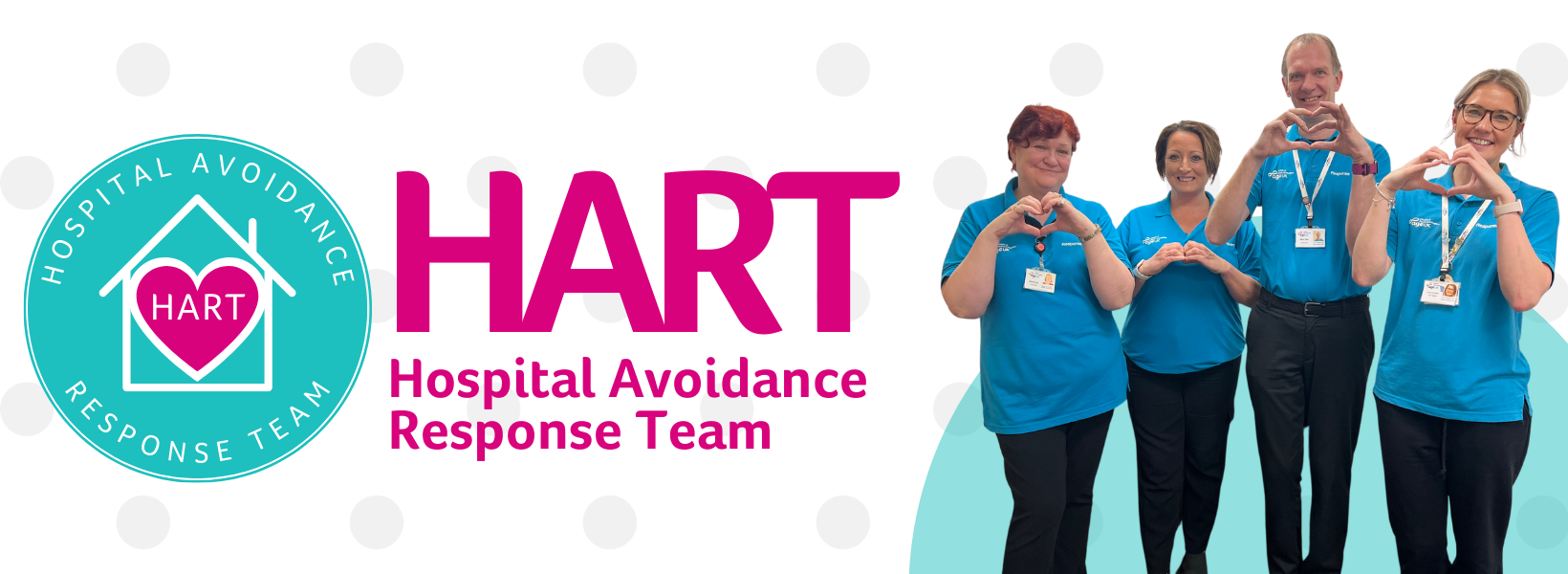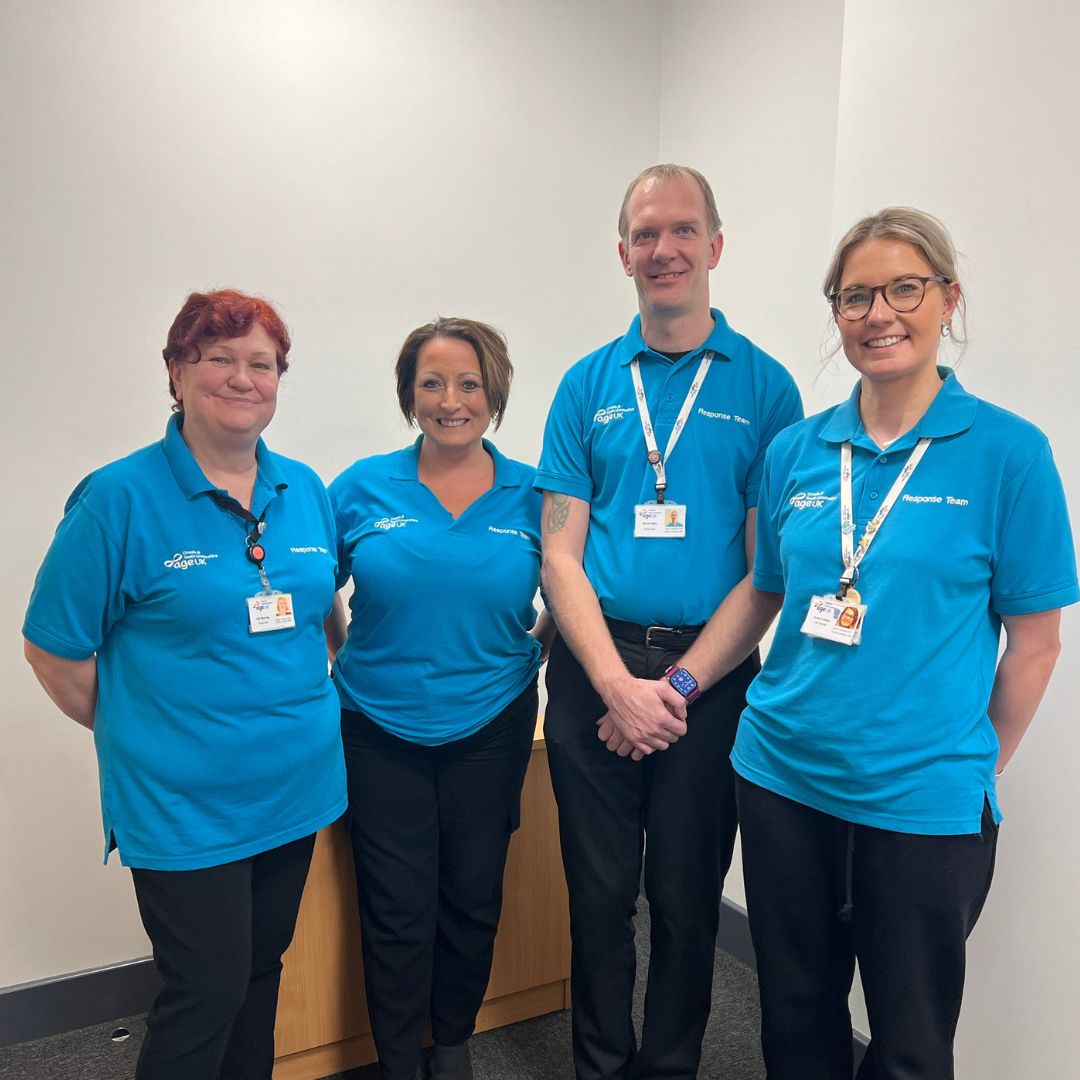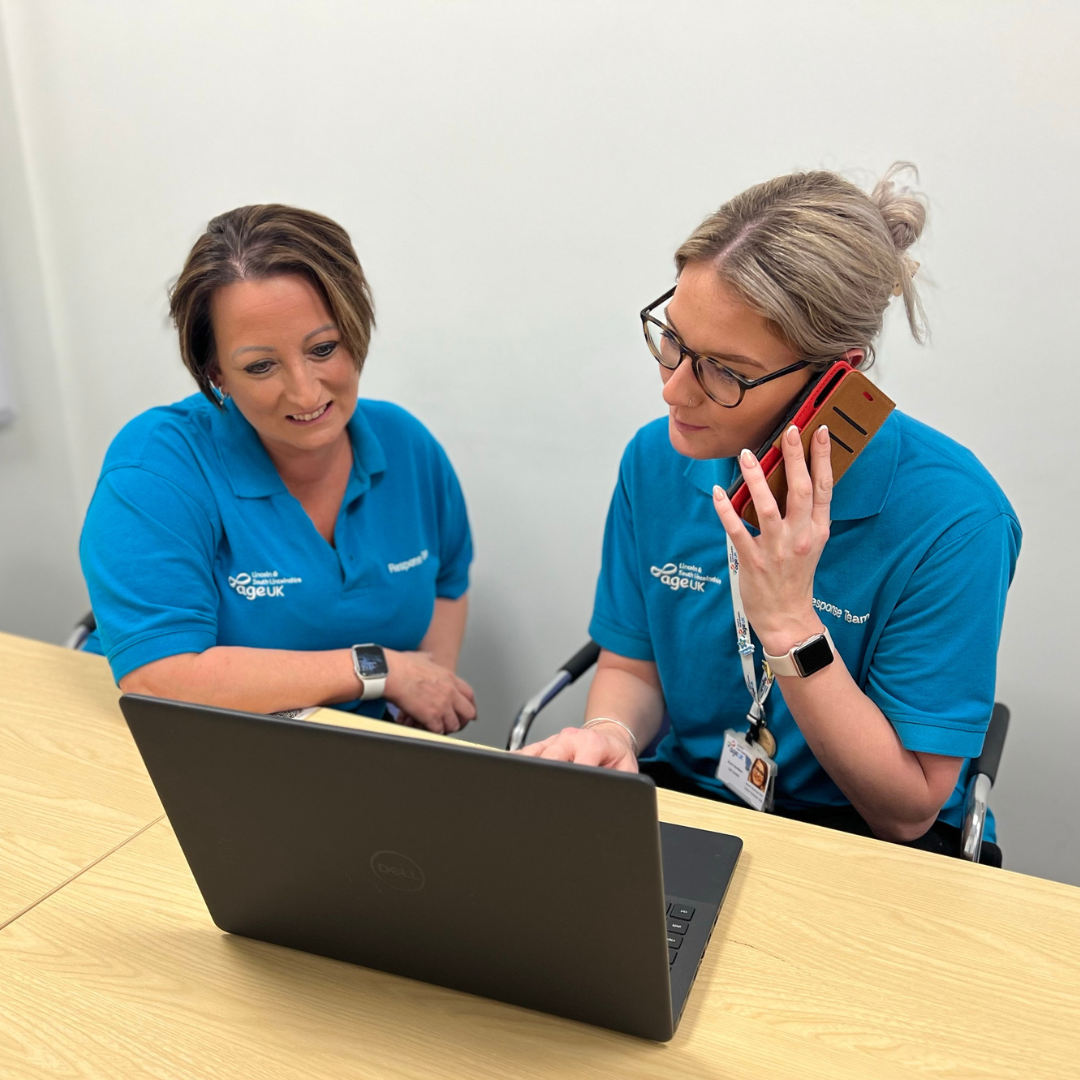HART: Hospital Avoidance Response Team

The Hospital Avoidance Response Team (HART) offers a flexible approach to delivering short-term care and support.
This is often to assist with hospital discharges, reduce delayed transfers of care and prevent avoidable hospital admissions, whilst at the same time enabling people to regain and retain their independence.
-

Need support with independent living?
If you’re a member of a hospital discharge or community health team in Lincolnshire, find out how the Hospital Avoidance Response Team (HART) can help keep your patients safe and well at home.
How HART helps
• Empowering and enabling
• Helping maintain a safe living environment
• Ensuring house is comfortable
• Ensuring daily essentials for living are available
• Signposting to other services, such as the Wellbeing Service, and access to Advocacy
• Changing linen
• Food preparation
• Bathing and showering
• Supporting continence care including catheter care
• Medication support
• Supporting to get in and out of bed
• Tilting or turning a customer (where equipment is available)
• Mangar ELK’assistance for non-injury falls
• contacting emergency services
-

Key facts and performance data
If you represent a commissioning organisation, Hospital Avoidance Response Team (HART) key facts and performance data show how this preventive service is impacting the local community and economy.
Commissioner: Lincolnshire Community Health Services NHS Trust (LCHS)
Aim: to assist Lincolnshire County Hospitals in avoiding unnecessary hospital admissions and delayed hospital discharges, ie, to help reduce attendance at A & E, emergency admissions, protracted hospital stays and other delayed transfers of care and, at the same time, to enable people to regain and retain independence.
Service description: HART provides up to 72 hours’ support at home where hospital admission is deemed inappropriate or avoidable, or after hospital discharge, when responsive or planned care can either bridge a gap until longer-term arrangements are established, or provide short-term support to sustain independence.
Scope: County wide service including in East Lindsey
This is achieved via:
- provision and immediate installation of TeleCare/lifeline personal safety alarms
- TeleCare monitoring and 24/7 response support
- planned personal care, including medication support, bathing, repositioning, food preparation and shopping
- cross-referrals into the Wellbeing Service to support longer-term independence, where appropriate.
